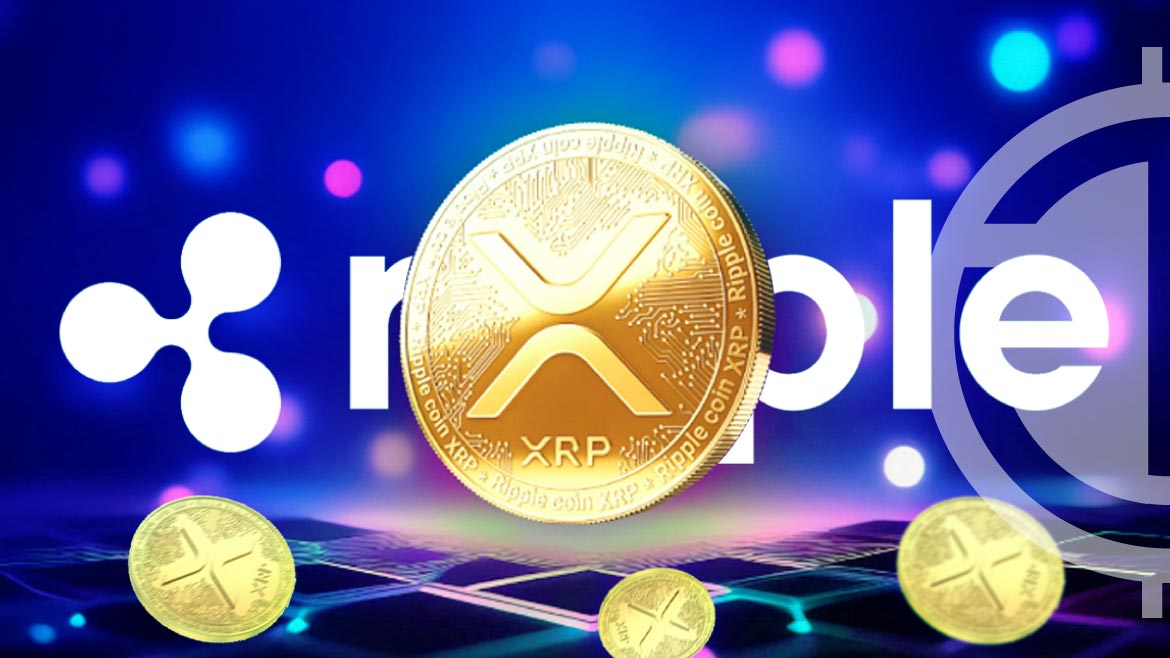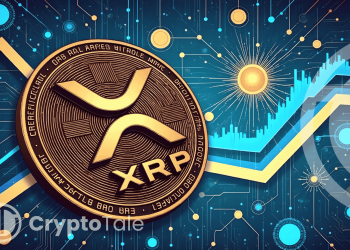- XRP focuses on low-value, high-volume transactions, differentiating it from cryptocurrencies optimized for larger transactions.
- David Schwartz highlights XRP’s role as a payment engine, contrasting it with Bitcoin’s store of value function.
- Popular demand often drives currency choice, giving Bitcoin an edge despite varying technical merits.
In the fast-paced world of cryptocurrency, prominent figures often step forward to elucidate the underlying objectives of their projects. Most recently, Ripple’s Chief Technology Officer (CTO), David Schwartz, took center stage to address pressing inquiries surrounding the XRP Ledger and its associated utility token, XRP. These clarifications were prompted by concerns regarding the network’s level of decentralization and statements made by Ripple’s CEO, Brad Garlinghouse.
Schwartz’s key message revolves around the fundamental role of XRP within the cryptocurrency ecosystem. This message originated from a significant tweet in which he highlighted the absence of miners as compelled stakeholders, whose interests might diverge from those of holders and traders. Schwartz pointed out that this absence necessitated a more robust and decentralized integration with other forms of value.
Lack of miners as forced stakeholders whose interests diverge from those of holders and traders. Better decentralized integration with other forms of value.
— David "JoelKatz" Schwartz (@JoelKatz) September 28, 2023
A pivotal aspect of Schwartz’s clarification pertains to the primary purpose of XRP. He emphatically stated through a tweet that both the XRP Ledger and the XRP token were meticulously crafted. Their specific design focus is to cater to low-value high-volume transactions.
These transactions encompass everyday payments akin to those made by ride-hailing giants like Uber to their drivers and cross-border remittances. Schwartz’s intention was to dispel any lingering misconceptions that XRP was primarily tailored for high-value, low-volume transactions, underscoring that existing payment systems adequately fulfill this role.
At the core of Schwartz’s message lies the recognition of XRP’s potential. It has the capability to facilitate day-to-day transactions that accumulate into substantial sums. This sets it apart from cryptocurrencies optimized for high-value, infrequent transactions involving larger sums.
Schwartz also ventured into comparisons between XRP and Bitcoin. He elucidated that these two cryptocurrencies serve divergent roles, a viewpoint firmly rooted in their inherent design and functionality. Schwartz posited that Bitcoin was initially conceived as a form of sound money and primarily functions as a store of value. Conversely, the XRP Ledger excels at offering a platform for swift, cost-effective, and censorship-resistant transaction execution.
Furthermore, Schwartz highlighted the unique attributes of the XRP Ledger, notably its single Decentralized Exchange (DEX) and a multi-asset system engineered to facilitate cross-currency and cross-issuer payments. Consequently, the XRP Ledger can be aptly characterized as more of a “payment engine” rather than a repository of value.
Addressing assertions that Bitcoin reigns supreme in terms of value, Schwartz attributed this to Bitcoin’s first-mover advantage and its widespread acceptance as a cryptocurrency that is deemed sufficient.He pointed out that individuals often choose currencies based on popularity and demand rather than purely technical prowess.
Despite the potential for overlapping use cases, Schwartz refrained from engaging in direct comparisons between Bitcoin and XRP, underscoring that they occupy distinct niches within the expansive cryptocurrency landscape.
In the ever-evolving realm of cryptocurrency, having industry leaders like David Schwartz provide clarifications about the distinct roles of different cryptocurrencies is essential. Such elucidations serve to dispel misconceptions and offer valuable insights into the genuine purposes of these digital assets.












